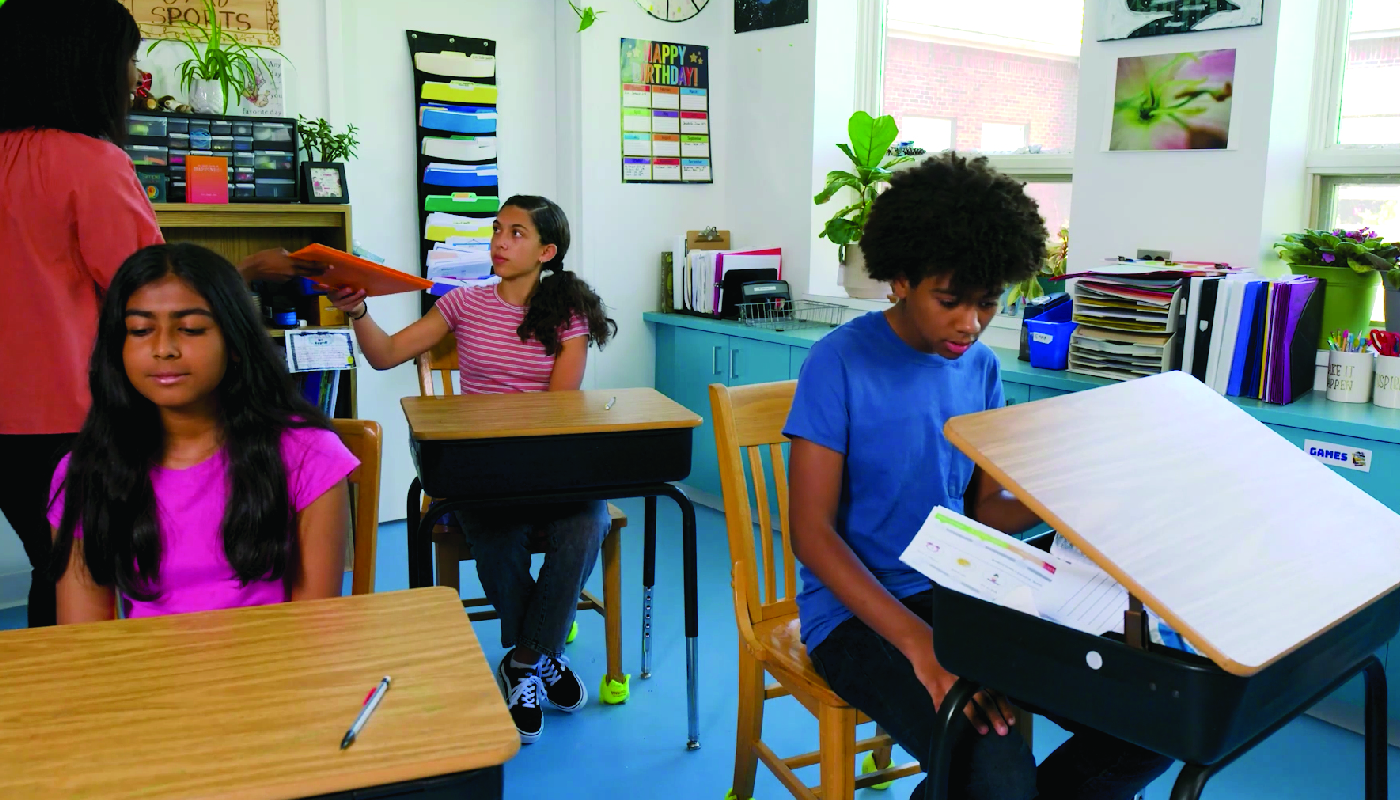
Introduction
Staying organized is essential for everyone, especially as we grow older and our responsibilities increase. For students in Special Education, developing organization skills can help them manage their tasks more effectively and reduce stress. This blog post will discuss a no-prep activity, discussion questions, related skills, and next steps to help educators teach organization skills to their students.
No-Prep Activity: The Responsibility Relay
This engaging activity requires no preparation or materials and helps students understand the importance of staying organized. In the Responsibility Relay, students form two teams and line up. The educator will call out a responsibility, such as “completing homework” or “keeping your locker organized.” The first student in each line must come up with an organizational strategy to accomplish the task, then run to the other side of the room and back. Once they return, the next student in line does the same with a different responsibility. The team that finishes first wins. This activity encourages students to think about their responsibilities and the importance of staying organized.
Discussion Questions
- Why is it important to stay organized as we grow older and have more responsibilities?
- What are some challenges you face when trying to stay organized? How can you overcome them?
- Can you share an example of a time when being organized helped you succeed in a task or responsibility?
- How do different organizational strategies work for different people? Why is it essential to find the strategies that work best for you?
- How can staying organized help reduce stress and improve our overall well-being?
Related Skills
Besides organization skills, there are other related skills that students in Special Education can benefit from, such as:
- Time management: Learning to prioritize tasks and allocate time efficiently can help students meet deadlines and complete tasks more effectively.
- Goal setting: Setting clear, achievable goals can help students stay focused and motivated to accomplish their responsibilities.
- Self-awareness: Understanding one’s strengths and weaknesses can help students develop personalized strategies for staying organized and overcoming challenges.
- Problem-solving: Developing problem-solving skills can help students find solutions to obstacles they face while trying to stay organized.
Next Steps
Teaching organization skills to students in Special Education can greatly impact their success and well-being. To further support your students, consider signing up for free samples of skill-building materials and activities from Everyday Speech. These resources can help you effectively teach organization skills and other essential life skills to your students.

